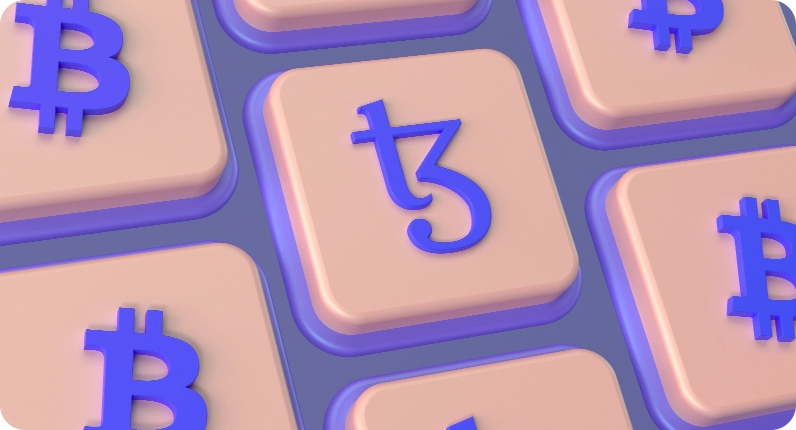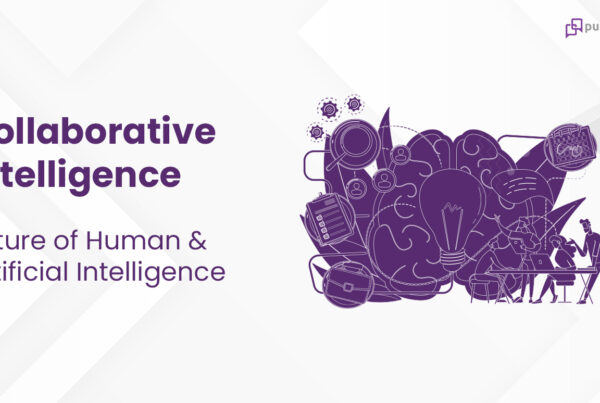
Just think of it – almost every job that was generating trillions of dollars across the globe just a few weeks ago is now termed ‘non-essentials’ and confined to our home.
Unless you are a healthcare worker or you contribute anything in anyways to basic human survival – food, security, utilities, air, water – you are termed non-essential, including the education institutions! Perhaps an indicator of where our present education system is in the hierarchy of needs. They are the first ones to be closed and all the massive education infrastructure and the wealth of knowledge is now confined to byte streams over the internet.
How can so many of those services that we had used every day really become non-essential over a period of few weeks.
In addition to the dreadful effects on humans, the COVID pandemic has also opened up many ways for us to take a pause, go inward and take a deeper look at the way we have always done things, produce something, earn a living, be successful and live happily.
Time – the most essential of all the commodities can now be put to right use. For many of us, less is wasted in the daily commute, unnecessary meetings, chit chats and as many in any modern workplace used to complain about – you can’t get anything done here.
Trust is the essential ingredient of remote work. There are numerous statistics that suggest trust based cultures in an organization contribute to various positive outcome. But, there lies the challenge as well. Invariably, the early stages of remote work ends up with managers spending more time managing and the team members spending more time to prove that they are actually working.
Mindsets that we wished changed, are now getting changed. Mindset that we still carried forward from the days of industrial revolution, that everyone need to be monitored and watched at work. All the investments on surveillance software, and the time the managers really spend to monitor someone, than actually doing anything worthwhile would stop.
Accountability gets redefined and you are no longer measured by the time in seat or hours at office.
Office work is no longer 9-5. Instead, it becomes the utopian outcome that every organization tried to measure during the typical performance review sessions.
With the inability to see each other within the confines of an office space, work now gets redefined as promises to keep and commitments to meet. Given the physical distribution of the workforce, contributions become easily measurable and visible to everyone. Hours in office is no longer a measure.
COVID presents us with an opportunity to operate on these core ingredients of Trust, Accountability and Outcome.
Only factors that matter in remote work are discipline, performance and communication. You cannot afford not to be a collaborator anymore. You need to work or you need to learn to work with your team, hundreds or thousands of miles away. You need to communicate, you need to set the expectations right and you need to clearly understand your expectations. The effects of miscommunication are far more perilous.
Anyone who relishes the empowerment, who can manage themselves well, who can communicate effectively, come out in flying colors and in a less crowded work place, find their productivity going up and all they have is their work clearly speak for themselves.
It may sound easier said than done and in a world of stereotypes, it may be very difficult to get adjusted to the new reality. And, there is always this fear of the abuse of the increased freedom that comes with remote work, which could turn into the downside of losing it or with additional controls and surveillance. Either way, we are victims of our own creation on the abuse of privileges.
What events like the COVID also present is a limited time window advantage and an opportunity to take a pause, ponder, learn and do a major reset of what we always perceived as essential and our inherent nature to overvalue non-essentials.
- Do we really need to spend this long a time to commute to the most fancy workplaces where anything but work happens?
- Should work really be 9 to 5?
- Do we really need to spend this much time discussing things, while getting it done takes a fraction of the time?
- Do we really need to put in long hours to show that we are actually working a lot?
- Do we really need to fill in a piece of paper to list out our accomplishments, when the outcome is there for everyone to see?
- Do we really need to crowd the cities to build solutions and services that primarily gets delivered over the internet?
May be those are the non-essentials that we are getting to see in this COVID season. As Greg Mckeown says in his book, Essentialism – The Disciplined Pursuit of Less,
What if we stopped celebrating being busy as a measurement of importance? What if instead we celebrated how much time we had spent listening, pondering, meditating, and enjoying time with the most important people in our lives?
Photo by Fabrizio Verrecchia on Unsplash




